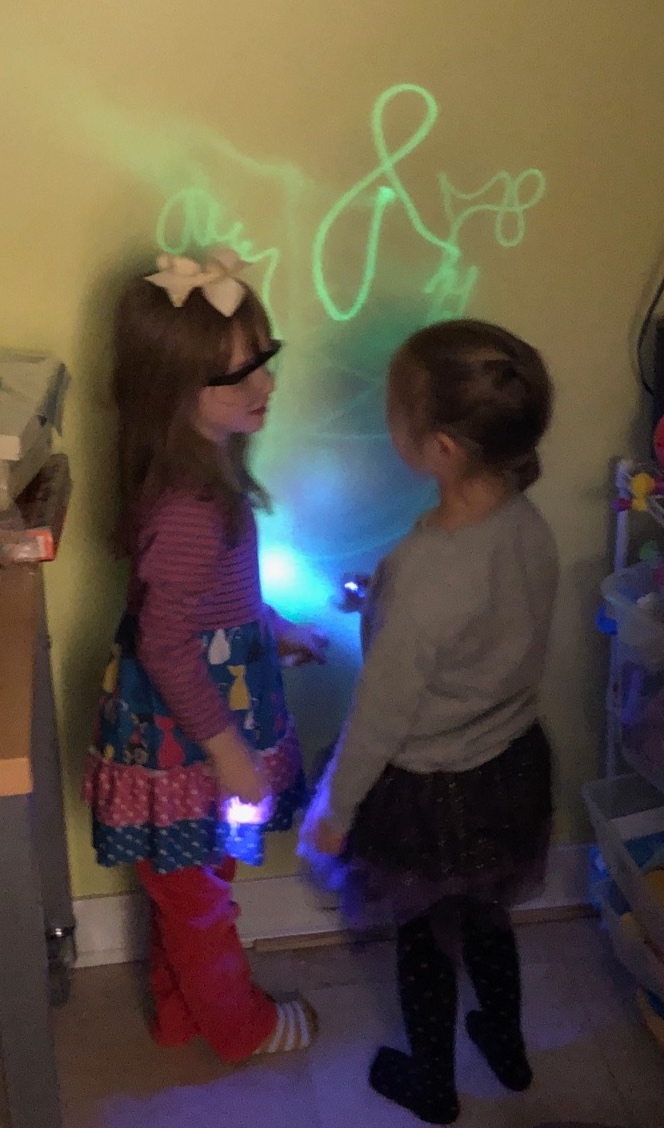The 2019 winter Talent Search season is upon us here in Chicago. We wanted to share some brief information about talent searches with you.
What are Talent Searches?
Talent searches allow above grade precision achievement testing to determine what a student already learned and to plan their learning path for the future, including making decisions around coursework to support future college options.
When does my student actually need a Talent Search Test?
Your student needs the Talent Search when they need to become eligible for selective enrollment programs that require it, or when it is necessary for proper school planning and placement. If a student is in the top 5% on standardized school testing, they may be a candidate for a Talent Search.
When Is my student ready to take a Talent Search Test?
The answer varies by student. Many talent searches are lengthy, for example, a full length PSAT or ACT. Some are 4 hours long. Some children, regardless of age, will struggle with the demand of concentrating so long, and may become frustrated. Please take stamina into consideration when making your test selection.
The answer also varies by ability. It is fairly safe to generalize that when the tools used for grade level testing are no longer accurate because the child has knowledge above grade or is maxing the test out. Some HG-PG students will max the NWEA MAP tests for their grade. There is guidance on in the test documentation about when to transition the student to the next level of testing, but it has bands, K-2, 2-5, and 6+. A student maxes the 2-5 NWEA per their documentation when they reach 245 in mathematics, as an example. If they have had exposure to above-grade knowledge or instruction, they may need to move to the 6+ version. However, many schools will not allow a mid-year switch or have hard rules about grade-test associations. This is partially to preserve class-level average scores.
While the NWEA MAP Norms allow you to roughly triangulate your child’s approximate instructional grade need, the result doesn’t give specific recommendations like, “your child now needs pre-algebra”. The talent search test results will say that very specifically, though the output they provide varies. Schools, in our experience, listen to the college board testing a lot more than their own NWEA here in Chicago, and are much more likely to act on the numbers than they are to believe outside standard academic testing by a psychologist. If a child is showing above grade by NWEA Norms, or prematurely maxed their band, it may be time for talent search. The PSAT becomes available in 3rd grade through Talent Searches like Northwestern CTD. The SCAT, which has several bands and administers a test 1-2 years ahead of grade level, can be available starting with 2nd grade students through the Talent Search at Johns Hopkins. Belin Blank has developed the BESTS Talent Search for students in the 95% or higher, in grades 4-9.
After the test:
Many Talent Searches come with various levels of recognition for completion and achievement, which look good on CVs for elite programs, another reason many top students take them.
If your student scores high, for example in the top 90% on a talent search or another standardized test, they may be eligible for Talent Search programming such as College of DuPage talent search programs.
The nuances for the extra-young:
A younger homeschooler who is grade accelerated to the appropriate entry grade may be able to take the test, though this varies by program. But, they may be penalized for being young, in terms of treatment for honors.
How do I support my student for the actual test?
Make sure they get some exercise the night before the test, are well hydrated and have a healthy meal, and then get an early, good night’s sleep. The next day, have a decent breakfast, ideally with some protein, if the test is long. Aim to arrive at the opening of the entrance window, so that traffic or parking don’t make you miss the start.
Pack the following:
Would you like even more information?
A great article about talent searches and why they are helpful is from Duke TIP. Duke TIP says, “for students who achieve very high scores on grade-level tests, accurately assessing what they already know is difficult. Scores on many grade-level tests do not measure how far students have mastered material beyond their grade level.” This summary is perfectly aligned with our school’s educational philosophy. Davidson Institute also has a well put together publication about university based talent searches, their benefits and necessity for gifted students.
Would you like to know what other locals do?
Come meet others with similar children and learn about how can MAGE can support your gifted student, regardless of their age, grade level, or achievement. You might want to stop by our next coffee. Check our calendar, or email us to RSVP for the upcoming February 10th coffee at 10:30 AM.
Good luck to everyone who is testing this weekend!















